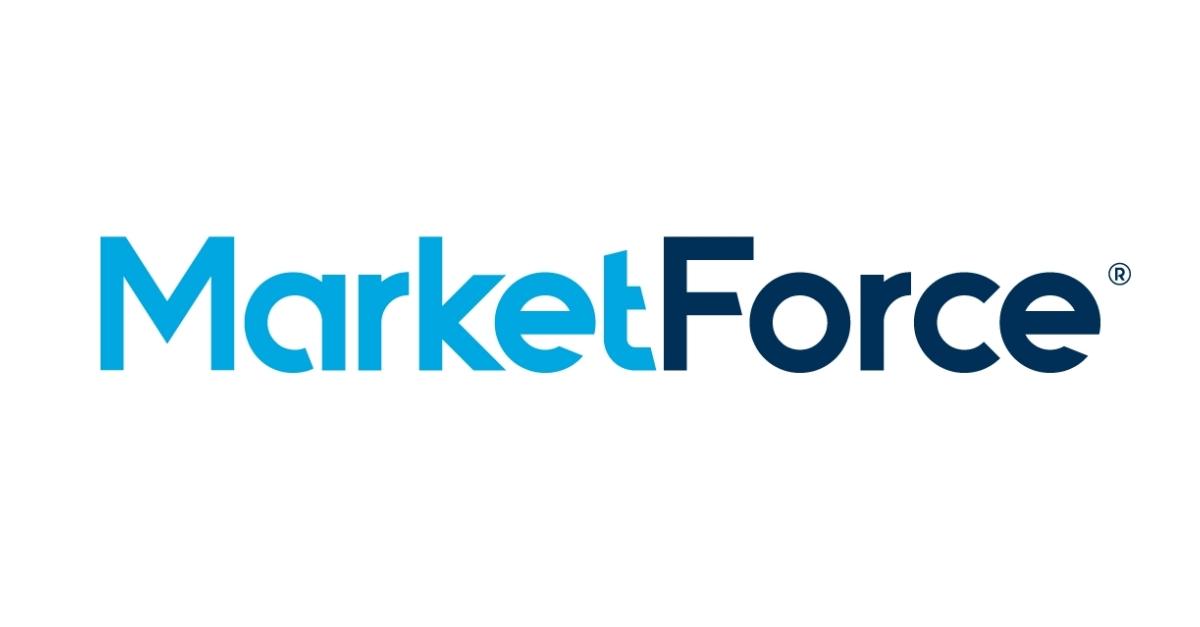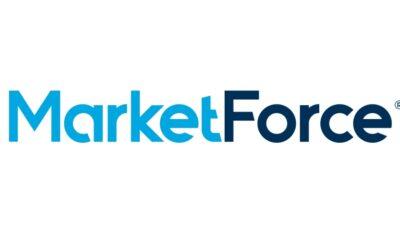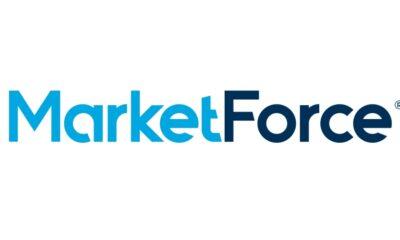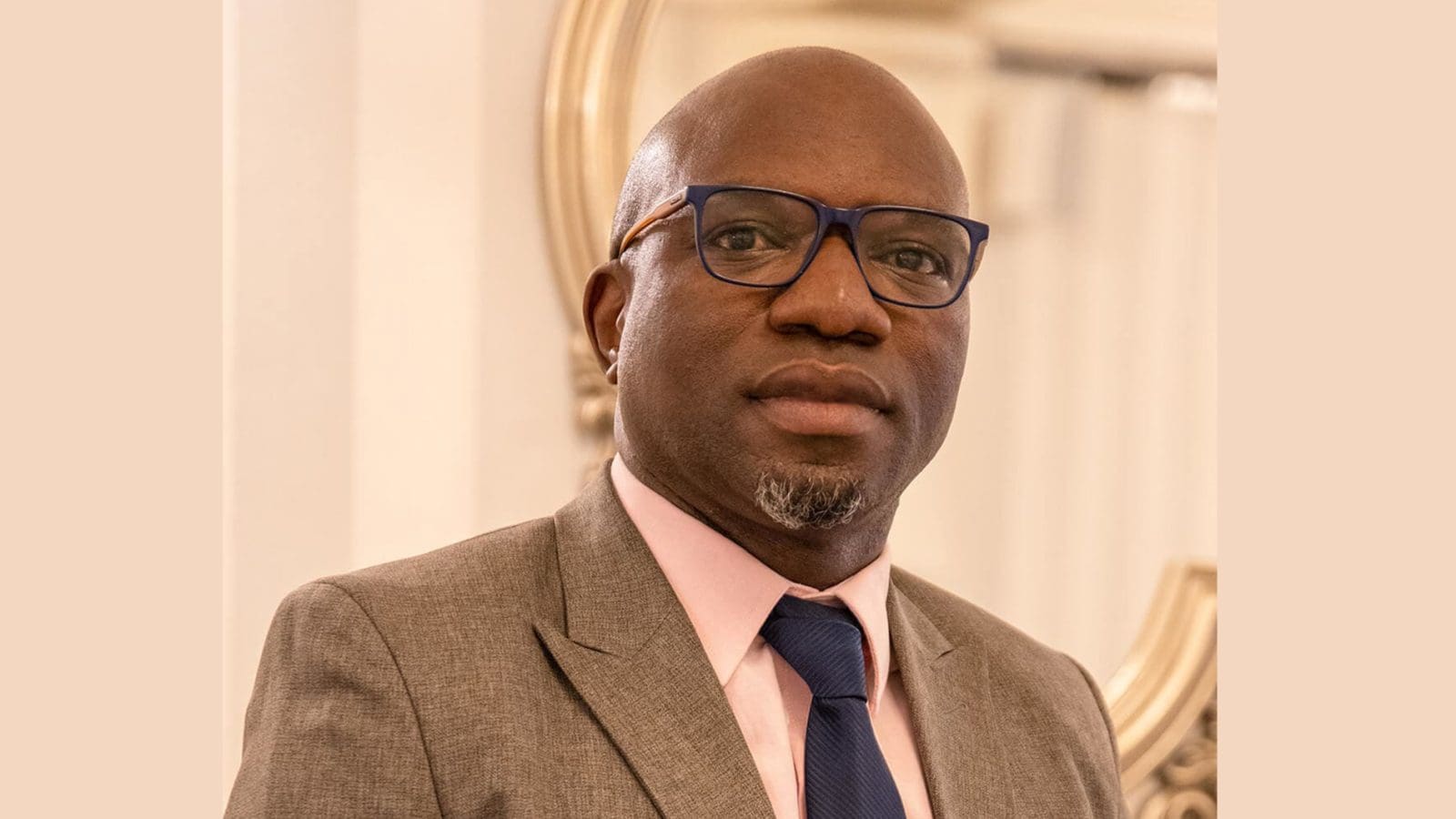Funding to African startups contracted to $780 million in the first half of 2024 from the $1.8 billion recorded during the same period in 2023.
Despite the overall downturn, Nigeria emerged as a beacon of resilience, managing to sustain its funding inflows amidst the widespread decline.
According to Africa: The Big Deal, a platform that tracks startup funding, Nigeria has maintained a steady flow of investment, setting it apart from its counterparts.
By mid-2024, startup investments across Africa had surpassed the $1 billion mark, buoyed by two major deals: d.light’s new $176 million securitization facility and MNT-Halan’s $157.5 million raise to fuel their expansion.
These significant transactions, along with NALA’s $40 million Series A in July, contributed to making July 2024 the most successful month for African startup fundraising in over a year, exceeding the total raised in the entire second quarter of 2024.
The “big four” economies—Nigeria, Egypt, Kenya, and South Africa—typically attract the highest funding on the continent.
However, this trend shifted in the first half of 2024, with Nigeria being the only country among them to maintain its funding levels.
Max Cuvellier Giacomelli, a presenter during the Africa Startup Funding Round-Up 2024 mid-year edition, highlighted this anomaly.
He noted that while funding to Kenya, Egypt, and South Africa saw significant reductions, Nigeria held steady, showcasing its strong investment appeal amidst global economic challenges.
“There has been significant shrinkage in the amount of funding invested on the continent, affecting mostly three of the big four—Kenya, Egypt, and South Africa. Nigeria, however, is holding steady,” Giacomelli said.
He further pointed out the growing share of funding raised in Western Africa, outside of Nigeria, indicating a broader regional resilience.
In terms of sector performance, logistics and transport led the way, capturing 28% of total funding and surpassing the historically dominant fintech sector, which accounted for 23%.
This shift was driven by notable deals such as Moove’s $100 million investment by Uber, propelling its valuation to $750 million.
Energy and water followed, securing 17% of the funding, with agriculture and food receiving just below 10%.
Maxime Bayen, another expert during the review, provided further insights into the funding landscape.
He projected that total funding for African startups by the end of 2024 would range between $1.5 billion and $2 billion, significantly below the levels seen in 2023 and far from the $3.2 billion raised by mid-2022.
This forecast underscores the ongoing economic adjustments and the cautious approach of investors in the current climate.
Despite the overall decline, there were positive signs. The number of startups raising over $1 million remained comparable to previous years, excluding the exceptional 2022 figures.
Also, there was a notable increase in the share of debt raised by startups, reflecting a shift in financing strategies amidst tighter equity markets.
The African startup ecosystem, while facing significant funding challenges, continues to adapt and evolve. With Nigeria leading the charge, there is cautious optimism that targeted investments and strategic innovations will help navigate these turbulent times and lay the groundwork for future growth and stability.

 Naira4 weeks ago
Naira4 weeks ago
 News3 weeks ago
News3 weeks ago
 Education4 weeks ago
Education4 weeks ago
 Social Media4 weeks ago
Social Media4 weeks ago
 Technology4 weeks ago
Technology4 weeks ago
 Investment4 weeks ago
Investment4 weeks ago
 Dividends4 weeks ago
Dividends4 weeks ago
 Economy4 weeks ago
Economy4 weeks ago



















